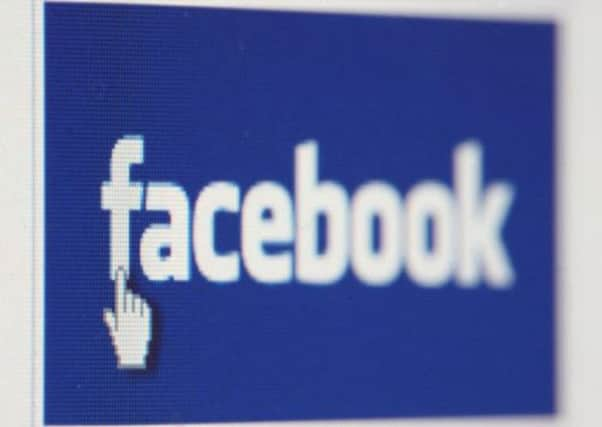Andrew Wilson: Avoiding an Orwellian nightmare


And look around you: who do you fear? Can you see a face, a uniform, a flag? No, our world is not more transparent now, it’s more opaque. The shadows – that’s where we must do battle. So, before you declare us irrelevant ask yourselves, ‘how safe do you feel’?”
This was the finest moment in Skyfall and possibly in any James Bond movie. Spy chief M was speaking to a committee of politicians in defence of herself and her agency.
Advertisement
Hide AdAdvertisement
Hide AdWhen I ponder the grand and historic tussle between liberty and safety this position is where I start from: if your son or daughter was killed in a terrorist attack I think it is fair to say you would be willing to wind the clock back and cede some privacy in return for their lives.
I would be willing to go very far to do what was possible to stop the torture and murder of innocents. I would struggle to get angry about the snooping of my Facebook page if it helped identify an individual who was contemplating murder.
Because it doesn’t take a regime now to go to war. One extreme individual willing to sacrifice his or her own life can destroy so much.
So do the anti-terror ends justify the anti-privacy means? On the whole, I guess, yes. But that can not mean, under any circumstances, that governments (or their agents) are immune from scrutiny, or can not be held to account. Because any examination of the history of power unchecked demonstrates it can result in a multitude of sins. This is where creative policy minds need to concentrate. Checks and balances matter and they always have.
And it is crystal clear they are not working when the US president and secretary of state concede their own country’s surveillance activities have gone too far. John Kerry admitted last week that certain practices took place “on autopilot because the technology is there and the ability is there”. This suggests that a whole framework of security and surveillance is out of control, ungoverned and unchecked.
It is hard to see where the safety imperative for the US surveillance of the German chancellor kicks in. But there is a clear political, diplomatic and economic advantage to be had from such information. That is unacceptable and a scandal.
US security chiefs are irritated too, though, with NSA director General Keith Alexander blaming the diplomatic corps for requests for snooping on foreign leaders. Think on that. It suggests a much deeper governance worry that begins to remind us of the worst excesses before the print media’s “fall of Rome” moment in the hacking scandal.
Not only are the agents of surveillance out of control, but the other arms of government seem to like the power of their own “black arts” team and seek to deploy it at their leisure.
Advertisement
Hide AdAdvertisement
Hide AdSo we have reached yet another institutional crisis in an era of such crises. This time it is the very infrastructure of leadership and governance that is in need of reflection and reform. How on earth is the alphabet soup of agencies: NSA, GCHQ, MI6 and all, kept in check?
It is tempting to call simply for transparency of activity, remit and performance. And to a large extent that is a useful starting point. But transparency over Bletchley Park could have cost Britain the Second World War. Churchill called the staff there the “geese that laid the golden eggs and never cackled”.
It all points back to the premium on leadership properly checked, scrutinised and held to account constitutionally and, whisper it, because it’s a sore point for many I know: a free, well-run and relentless media.
So the powerful need the power to hold their own instruments to account, but they also require their own performance and motivations to be properly examined.
In the UK system we have no written constitution or guarantees and my strong sense is that this quaint reality cannot sustain the modern reform era. The legislature can check the government but only if it is well resourced, politically bold and empowered with the ability to do just that. Few governments are happy to empower the body that examines them. They must.
And while the power of citizens with social media at their fingertips is immense, we still rely on the best of journalism to expose and fuel debates exactly like this one. We would never have learned the scope of current surveillance without the whistle-blower revelations of Edward Snowden that kicked this whole story off.
Ancient Rome gave us the concept of checks and balances, and the US founding fathers learned from that. Maybe its time for us to revisit what’s not working, not just within countries but between them in a profoundly imperfect institutional world.
I fear terrorism most, but you don’t need to be a student of Orwell to realise that lies can be told by the powerful to the meek to keep us cowering in fear as they pick our pockets. Time’s up for old ways. «
Twitter: @AndrewWilsonAJW